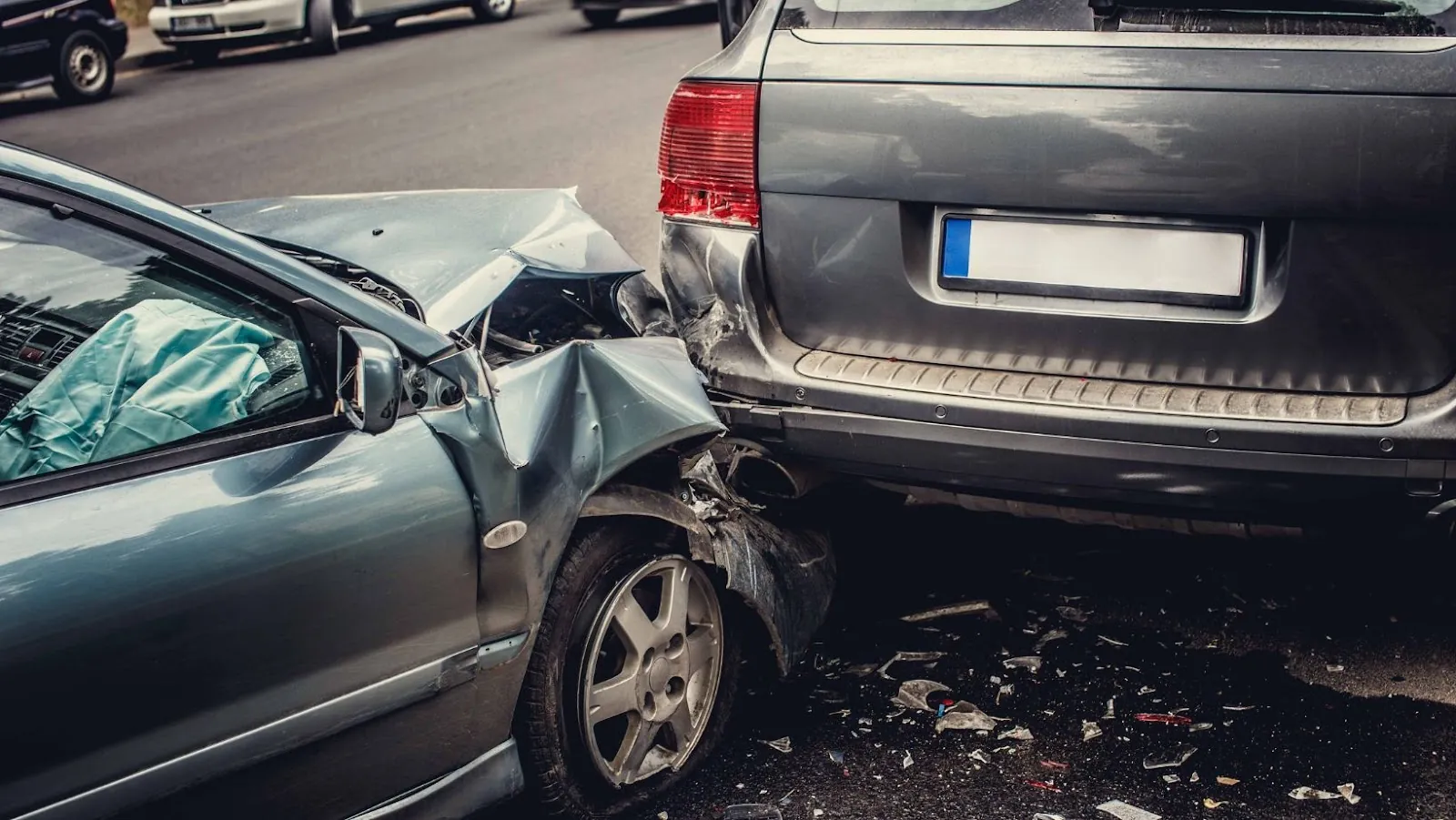Experiencing a car accident can be a traumatic event, leaving not only physical but also emotional scars. Many people find themselves overwhelmed with emotions such as fear, anxiety, and even depression following an accident. If you’re dealing with the aftermath of a car accident and need legal advice, a Detroit car accident lawyer can provide guidance and support through this challenging time.
Acknowledge Your Emotions
The first step in handling your emotions is to acknowledge them. It’s common to feel a wide range of emotions after an accident, including shock, anger, guilt, and sadness. Recognizing and accepting these feelings is crucial. Suppressing your emotions can lead to more severe psychological issues like PTSD or chronic anxiety. Give yourself permission to feel whatever you’re experiencing without judgment.
If your emotions feel overwhelming or unmanageable, seeking professional help is important. Therapists and counselors can provide you with coping strategies tailored to your specific needs. They can help you work through trauma, manage anxiety, and develop healthy emotional responses. Professional support is not a sign of weakness but a proactive step toward healing.
Leaning on Your Support Network and Joining Support Groups
Maintaining connections with friends and family is vital after a traumatic event. Isolation can exacerbate negative emotions, so leaning on your support network can provide comfort and reassurance. Share your experiences and feelings with those you trust. They can offer a listening ear, practical support, and a sense of normalcy during a turbulent time.
Consider joining a support group for car accident survivors. Sharing your experiences with others who have been through similar situations can be incredibly validating and therapeutic. Support groups provide a safe space to express your feelings and learn from others’ coping strategies. These groups can be found online or through local community resources.
Engaging in Physical Activity and Practice Mindfulness and Relaxation Techniques
Staying physically active can significantly impact your emotional well-being. Exercise releases endorphins, which are natural mood lifters. Activities like walking, yoga, or swimming can help reduce stress and anxiety. Find a form of physical activity that you enjoy and make it a regular part of your routine.

Incorporating mindfulness and relaxation techniques into your daily life can help you manage stress and anxiety. Practices such as meditation, deep breathing exercises, and progressive muscle relaxation can calm your mind and body. These techniques can help you stay grounded and focused, making it easier to cope with emotional upheaval.
Create a Routine
Creating a daily routine can provide a sense of stability and normalcy. Having a structured schedule can help you feel more in control and reduce feelings of chaos and uncertainty. Include time for self-care, social activities, and relaxation in your routine. Sticking to a regular schedule can help you regain a sense of normalcy and predictability.
Set small, achievable goals for yourself. Accomplishing these goals can provide a sense of accomplishment and boost your self-esteem. Whether it’s going for a daily walk, preparing a healthy meal, or completing a work task, setting and achieving goals can give you a sense of purpose and direction.
Embrace the Healing Process
Healing from a car accident, both physically and emotionally, takes time. Accept that this process is not linear and that you may have good days and bad days. Be patient with yourself and acknowledge the progress you make, no matter how small it may seem. Understanding that healing is a gradual process can help you stay motivated and hopeful.
Many people find that going through a traumatic event leads to personal growth and a new perspective on life. Reflect on what you’ve learned from this experience and how it has changed you.

Finding meaning in your struggles can be a powerful tool for emotional healing. It can help you move forward with a renewed sense of purpose and resilience.
Conclusion
Dealing with the emotional aftermath of a car accident can be challenging, but it is possible to find balance and healing. You can manage your emotions by acknowledging your emotions, seeking professional help, staying connected with loved ones, practicing self-care, establishing a routine, addressing legal concerns, and embracing the healing process. Remember, taking care of your emotional well-being is just as important as addressing any physical injuries. By following these strategies, you can navigate the emotional challenges and move towards a place of recovery and peace.



